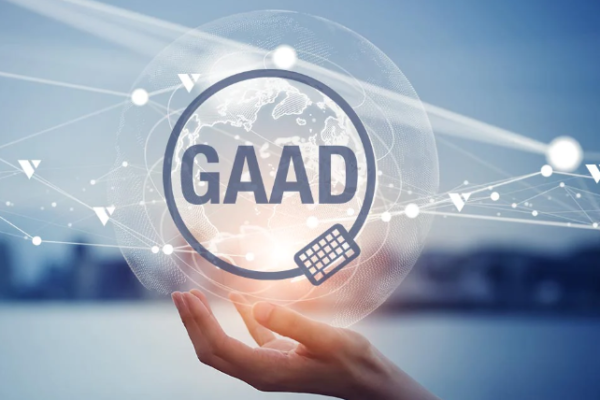In an increasingly interconnected world, digital accessibility has emerged as a vital component of creating inclusive experiences for individuals with disabilities. Global Accessibility Awareness Day (GAAD) serves as an annual reminder of the importance of accessibility and aims to promote awareness and understanding among developers, designers, and decision-makers. In this blog post, we’ll explore the significance of GAAD, its objectives, and how it fosters a more accessible and inclusive digital landscape.
What is Global Accessibility Awareness Day (GAAD)?
Global Accessibility Awareness Day, celebrated on the third Thursday of May each year, is an initiative that aims to bring attention to the importance of digital accessibility and promote inclusivity. GAAD was first observed in 2012 and has since grown into a global movement, engaging organizations, individuals, and communities worldwide to take part in activities that raise awareness about accessibility and advocate for positive change.
The Objectives of GAAD
- Raise Awareness: GAAD serves as a platform to raise awareness about the significance of digital accessibility and the impact it has on the lives of people with disabilities. It aims to educate and engage individuals from various fields, including technology, design, policy-making, and user experience, in discussions around accessibility challenges and solutions.
- Promote Inclusive Design and Development: GAAD encourages designers, developers, and organizations to prioritize accessibility in their digital products and services from the early stages of the design and development process. It emphasizes the importance of inclusive design practices that consider the diverse needs and abilities of all users.
- Share Knowledge and Best Practices: GAAD provides an opportunity for experts and advocates in the accessibility community to share their knowledge, experiences, and best practices. Through webinars, workshops, conferences, and other events, participants can learn about innovative techniques, tools, and strategies that promote accessibility in digital environments.
- Collaboration and Partnerships: GAAD promotes collaboration between individuals, organizations, and communities working towards accessibility. It encourages partnerships between developers, designers, disability advocates, policymakers, and other stakeholders to collectively address accessibility challenges and create positive change.
How GAAD Fosters Accessibility and Inclusion
Advocacy and Empowerment
GAAD empowers individuals and organizations to become advocates for accessibility. By participating in GAAD activities, individuals can learn how to champion accessibility in their respective fields and drive change within their organizations and communities.
Education and Training
GAAD provides opportunities for individuals to expand their knowledge and skills in the field of digital accessibility. Workshops, webinars, and training sessions conducted on GAAD allow participants to learn about inclusive design principles, accessibility guidelines, assistive technologies, and user testing methodologies.
User Perspective and Engagement
GAAD emphasizes the importance of including people with disabilities in the design and development process. It encourages user testing and feedback from individuals with diverse abilities, enabling designers and developers to understand the challenges they face and make informed decisions to enhance accessibility.
Community Building
GAAD fosters a sense of community among accessibility advocates, professionals, and enthusiasts. It encourages networking, collaboration, and the sharing of resources and experiences, leading to the growth of a supportive and knowledgeable accessibility community.
Global Accessibility Awareness Day (GAAD) serves as a powerful reminder of the importance of digital accessibility and inclusivity. By raising awareness, promoting inclusive design and development, and fostering collaboration, GAAD encourages individuals and organizations to prioritize accessibility in their digital products and services. As we celebrate GAAD, let us commit to creating a more accessible and inclusive digital landscape that empowers and includes individuals of all abilities. Together, we can build a world where technology is truly accessible to everyone, leaving no one behind.
For more information on why accessibility is important in general, you can check out my previous blog post here.
For further information on how to make your product accessible to your audience, contact our experienced design experts, check out our Accessibility IQ for your website, download our guide Digitally Accessible Experiences: Why It Matters and How to Create Them, read more from our UX for Accessible Design series.
So, What Comes Next?
In the next post, we’ll continue to introduce what is Assistive Technology.
Stay in touch and follow my next post.

